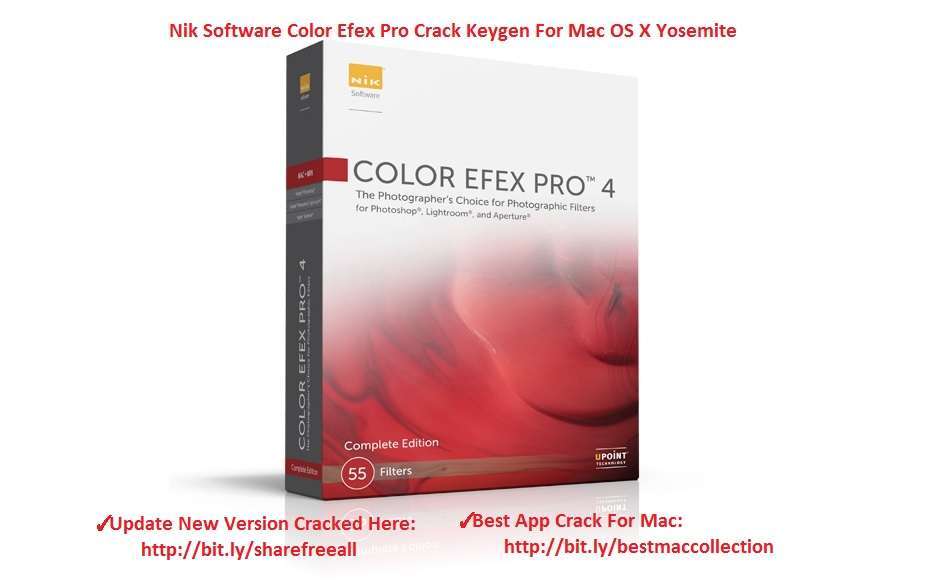- How To Run Pro Tools 11 Without Ilok
- Pro Tools 12 Without Ilok
- Pro Tools Ilok Bypass
- How To Run Pro Tools Without Ilok
- How To Use Pro Tools Without An iLok - Pro Tools 2018 iLok Cloud I want to talk about running Pro Tools without an iLok. Now if you're reading this hoping to use Pro Tools without paying for it then stop reading now because that's not what this tutorial is about.
- How To Install Pro Tools 9 Without Ilok Product. 5/30/2017 0 Comments. Now that Pro Tools includes VCA Masters, Disk Cache, extended metering, and other advanced features, you can mix smarter and faster than ever. See what more you can achieve with the advanced toolset. Having professional- quality sound processors at your disposal helps.
Many users of software employing the popular iLok copy protection product are finding their licenses invalidated. A server glitch is to blame, but fixes have now taken since earlier in June and still appear to be at least partially incomplete.
How To Install Pro Tools 9 Without Ilok Pro Tools. Pro Tools 10 iLok Authorization Issue. I felt the need to save others the 5 Hours of Re-installing, and Installing of Pro Tools, iLok, etc. In addition to the drivers. Editors' Note: The Pro Tools LE 6.4 update is free to registered Pro Tools LE 6.x or newer software owners.
New installations and a process called “synchronization” can have the impact. iLok developer PACE has posted a solution, but as recently as this weekend Pro Tools 11 users continued to report problems.
In addition to Pro Tools, affected products include plug-ins from Abbey Road, Antares (makers of AutoTune), Celemony (makers of Melodyne), Eventide, Flux, McDSP, Slate Digital, Sonnox, SoundToys, and Waves, according to a report issued by Simon Morrison and posted to forums at KVR Audio and GearSlutz on the 9th of June.
You can follow the latest official information from the deveoper:
How To Run Pro Tools 11 Without Ilok
This includes a fix that should re-synchronize iLoks with the servers. Since the problem was remote, that appears to solve issues. However, Morrison noted in his forum posts ongoing issues as of Saturday:
Pro Tools 11 users are reporting significant issues with iLok License Manager.
These issues are affecting license activations and transfers.
Copy protection schemes have come under increasing criticism in recent years – not only from users, but developers. Many major developers (including Ableton, Cakewalk, MOTU, Propellerhead, Steinberg, and others) now use their own in-house copy protection of varying degrees of strength rather than third-party solutions. A recent search of the CDM press inbox revealed many developers that pitch “no iLok” as a selling point of their product. This issue illustrates some of the tension: iLok consolidates licenses in a way that could potentially be more convenient, but any failure then impacts all products – and maintaining specific authorizations still transfers more responsibility to the user than something like a simple serial number authentication does.
Pro Tools 12 Without Ilok
Developers of games now have access to online stores that promise a solution to piracy and make buying software more easily, ranging from the Xbox Live Arcade to STEAM to the Mac App Store. But so far, those solutions haven’t been available to music developers. (One exception: Cakewalk recently made its entry-level Music Creator product available on STEAM. I’ll be curious to hear how successful that was.) And unlike games, which can more easily motivate users to connect online because of multiplayer features, music software must cater to musicians working in studios, and therefore could be potentially resistant to online authentication.
One argument against piracy has been that professional users would want more reliable software. But any time the “cracked” version is more reliable than the official version, it seems developers have lost.
If you’ve been impacted by this issue, let us know as the issue is (hopefully) fixed for you. And if you’re a developer who’s been affected, we’ll be interested to hear how you resolve the issue – and how you’ve managed your strategy to deal with both customer service and piracy concerns.
Pro Tools Ilok Bypass
Thanks to Lee Ray, among others, for the information.
